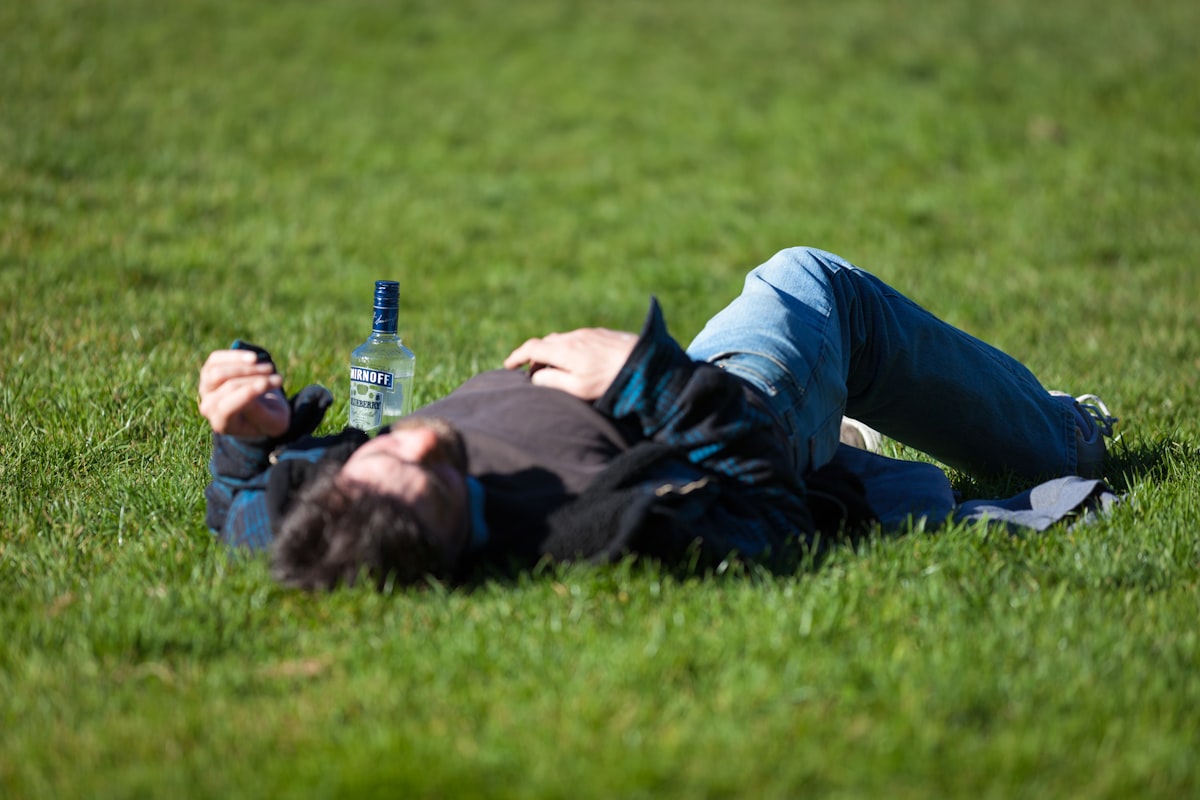Treatments For Alcohol Withdrawal

If you are experiencing alcohol withdrawal symptoms, you may want to seek medical attention. Seizures and irregular heartbeats can be caused by alcohol withdrawal. If you have a history of drinking alcohol, you should seek medical treatment as soon as possible. There are several treatments that can help ease alcohol withdrawal symptoms. This article will provide some tips for people who are experiencing alcohol withdrawal symptoms.
Treatment options for alcohol withdrawal symptoms
Alcohol withdrawal is a potentially dangerous condition, and you need treatment as soon as possible. There are several different treatment options available, including inpatient and outpatient rehab. During an inpatient stay, you'll receive round-the-clock monitoring and intensive therapy in individual and group sessions. Outpatient treatment is less intensive but you'll still need to see a physician if your symptoms are severe or if they're preventing you from functioning normally.
The most painful alcohol withdrawal symptoms are usually experienced in the first few hours after drinking, and will generally decrease after about 40 to 50 hours. There are some exceptions to this rule, such as delirium tremens, but it's rare. Only about one in twenty people who go through alcohol withdrawal will experience this severe condition. Detox withdrawal symptoms can also be life-threatening, with some people developing cardiac arrhythmia, respiratory arrest, and even seizures.
Benzodiazepines are a common choice for treating alcohol withdrawal symptoms. These drugs calm the central nervous system and may also be prescribed for anxiety, insomnia, and muscle spasms. These drugs are available in both long-acting and short-acting forms, and are generally taken for three days. Benzodiazepines such as diazepam or chlordiazepoxide are common medications.
Treatment options for mild withdrawal symptoms
If you are experiencing alcohol withdrawal symptoms, you may want to consult a healthcare provider to learn the best course of treatment. In some cases, inpatient treatment may be necessary, and your doctor may prescribe medication to help you achieve abstinence. Other treatment options may include extended counselling, cognitive behavioural therapy, and self-help groups. Alternatively, you can undergo home detoxification using chlordiazepoxide or other medications.
If you have a severe alcohol dependency, treatment may require a stay in a hospital for observation. During this stay, you should receive daily assessments and instructions regarding how to take withdrawal medication. In addition, you should be given a multivitamin or thiamine, which may help you feel better. You may also need intravenous fluids if you have more severe symptoms.
Minor alcohol withdrawal symptoms begin about six to twelve hours after your last drink. They may include sweating excessively, nausea, and vomiting. Additionally, you may experience hypertension, elevated heart rate, and rapid breathing. Some people also experience hallucinations, though these are considered mild symptoms. In most cases, symptoms of alcohol withdrawal will go away within five to seven days. However, some people may continue to experience symptoms for a month or longer.
Treatment options for severe withdrawal symptoms
Severe alcohol withdrawal symptoms are often life-threatening and require hospitalization. Various pharmacological treatments are available to help patients cope with these symptoms. These treatments have been reviewed by the British Association for Psychopharmacology, UK NICE, and the Cochrane collaboration. For the most part, the strongest evidence base is for long-acting benzodiazepines such as chlordiazepoxide. Other treatment options include short-acting benzodiazepines, which may be more appropriate in patients with liver disease, delirium tremens, or seizures.
Chlordiazepoxide (Xanax) is an effective drug for treating alcohol withdrawal symptoms. It is taken orally in small doses over a period of several hours. Its half-life is longer than the half-life of Valium or Lirium, making it an effective treatment for severe alcohol withdrawal. Other benzodiazepines are also effective for treating alcohol withdrawal symptoms, such as lorazepam or oxazepam.



